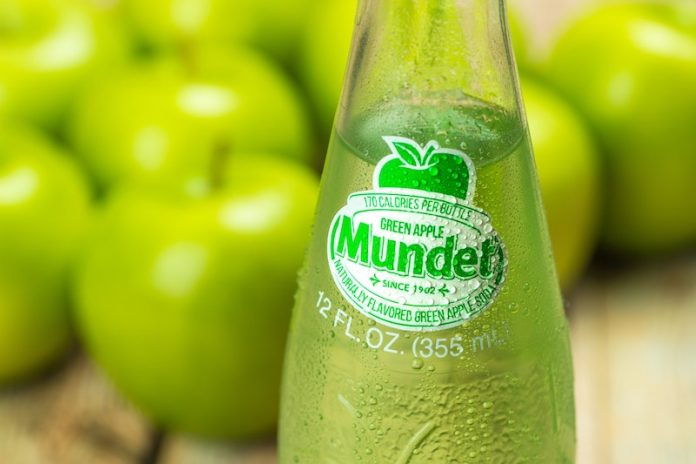
In a new study, researchers found excessive consumption of fructose—a sweetener ubiquitous in the American diet—can result in non-alcoholic fatty liver disease (NAFLD), which is comparably abundant in the United States.
But contrary to previous understanding, they found that fructose only negatively affects the liver after it reaches the intestines, where the sugar disrupts the epithelial barrier protecting internal organs from bacterial toxins in the gut.
The findings show that developing treatments that prevent intestinal barrier disruption, could protect the liver from NAFLD, a condition that affects one in three Americans.
The research was conducted by a team at the University of California San Diego School of Medicine.
NAFLD is the most common cause of chronic liver disease in the world. It can progress to more serious conditions, such as cirrhosis, liver cancer, liver failure, and death.
Fructose, or fruit sugar, can be found in many plants, where it is often bonded to glucose.
Fructose consumption in the U.S. has skyrocketed since the 1970s and the introduction of high fructose corn syrup (HFCS), a cheaper sugar substitute that is broadly used in processed and packaged foods, from cereals and baked goods to soft drinks.
Multiple studies have linked increased HFCS consumption with the nation’s obesity epidemic and numerous inflammatory conditions, such as diabetes, heart disease, and cancer.
The U.S. Food and Drug Administration, however, currently regulates it similar to other sweeteners, such as sucrose or honey and advises only moderation of intake.
The new study, however, defines a specific role and risk for HFCS in the development of the fatty liver disease.
They found that fructose is two to three times more potent than glucose in increasing liver fat, a condition that triggers NAFLD.
And the increased consumption of soft drinks containing HFCS corresponds with the explosive growth in NAFLD.
Using mouse models, the researchers found that excessive fructose metabolism in intestinal cells reduces the production of proteins that maintain the gut barrier—a layer of tightly packed epithelial cells covered with mucus that prevent bacteria and microbial products, such as endotoxins, from leaking out of the intestines and into the blood.
The team found that leaked endotoxins reaching the liver provoked increased production of inflammatory cytokines and stimulated the conversion of fructose and glucose into fatty acid deposits.
The scientists noted that feeding mice with high amounts of fructose and fat results in particularly severe adverse health effects.
They also found that when fructose intake was reduced below a certain threshold, no adverse effects were observed in mice, suggesting only excessive and long-term fructose consumption represents a health risk.
Moderate fructose intake through normal consumption of fruits is well-tolerated.
One author of the study is Michael Karin, Ph.D., Distinguished Professor of Pharmacology and Pathology at UC San Diego School of Medicine.
The study is published in Nature Metabolism.
Copyright © 2020 Knowridge Science Report. All rights reserved.



